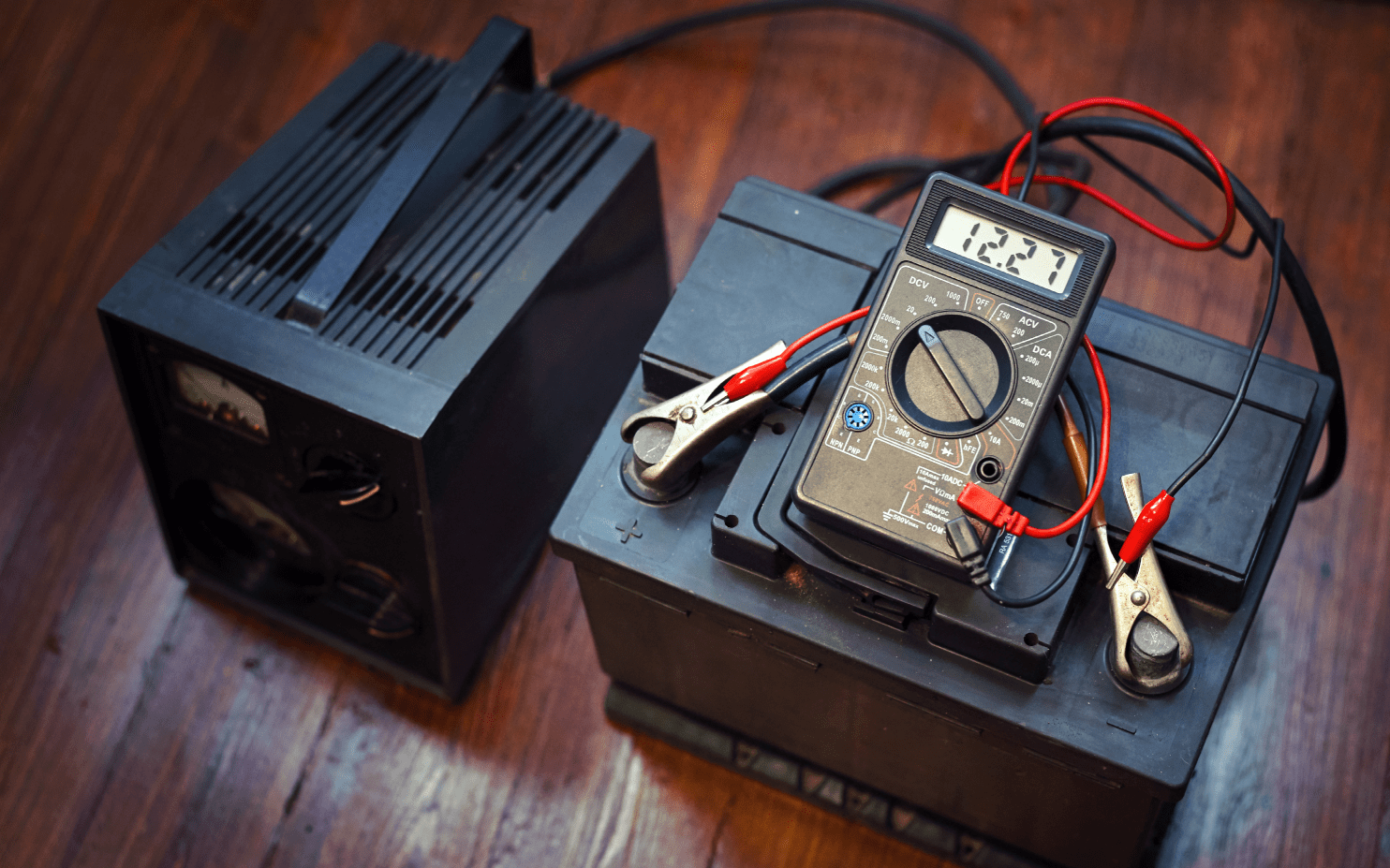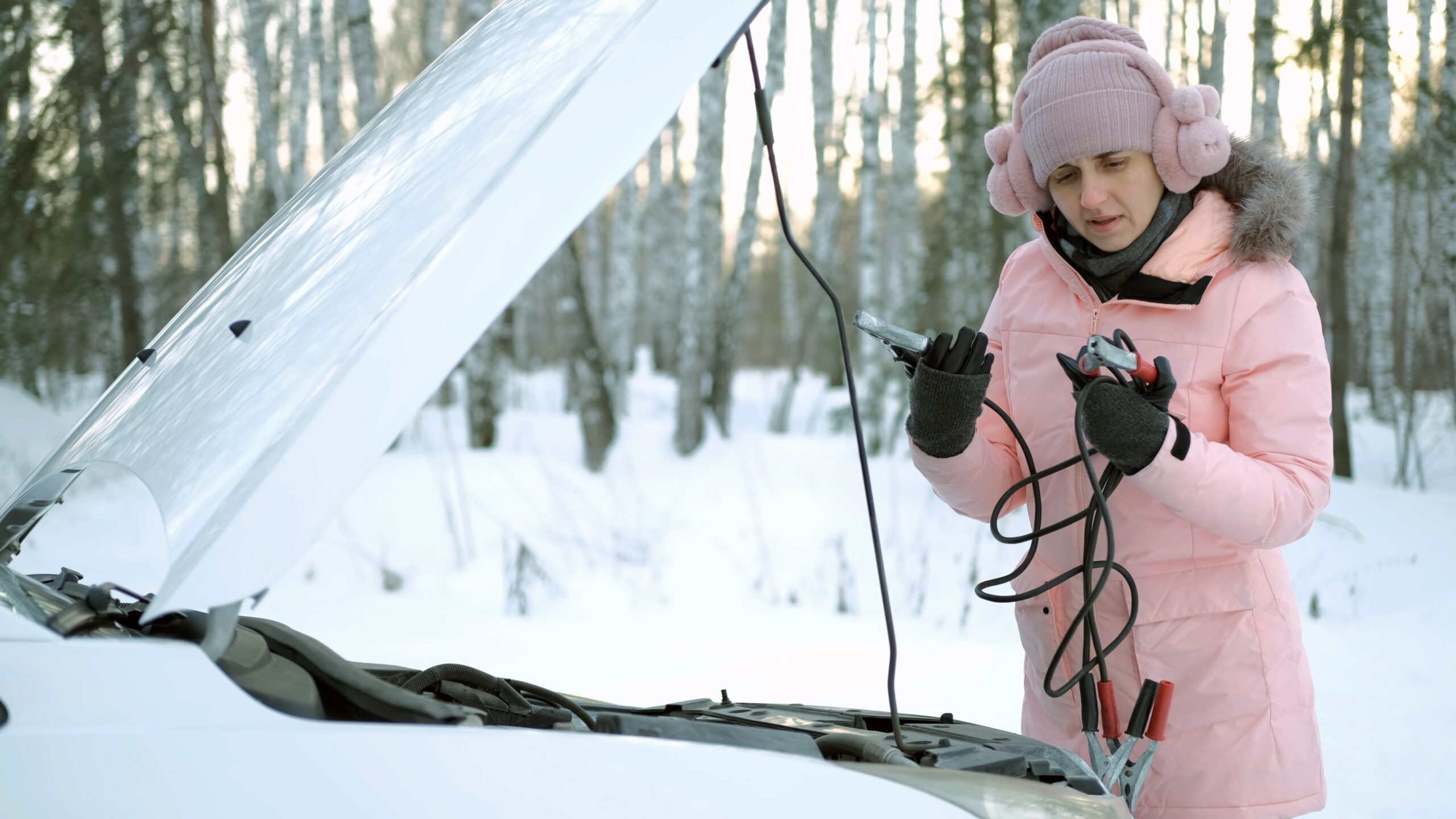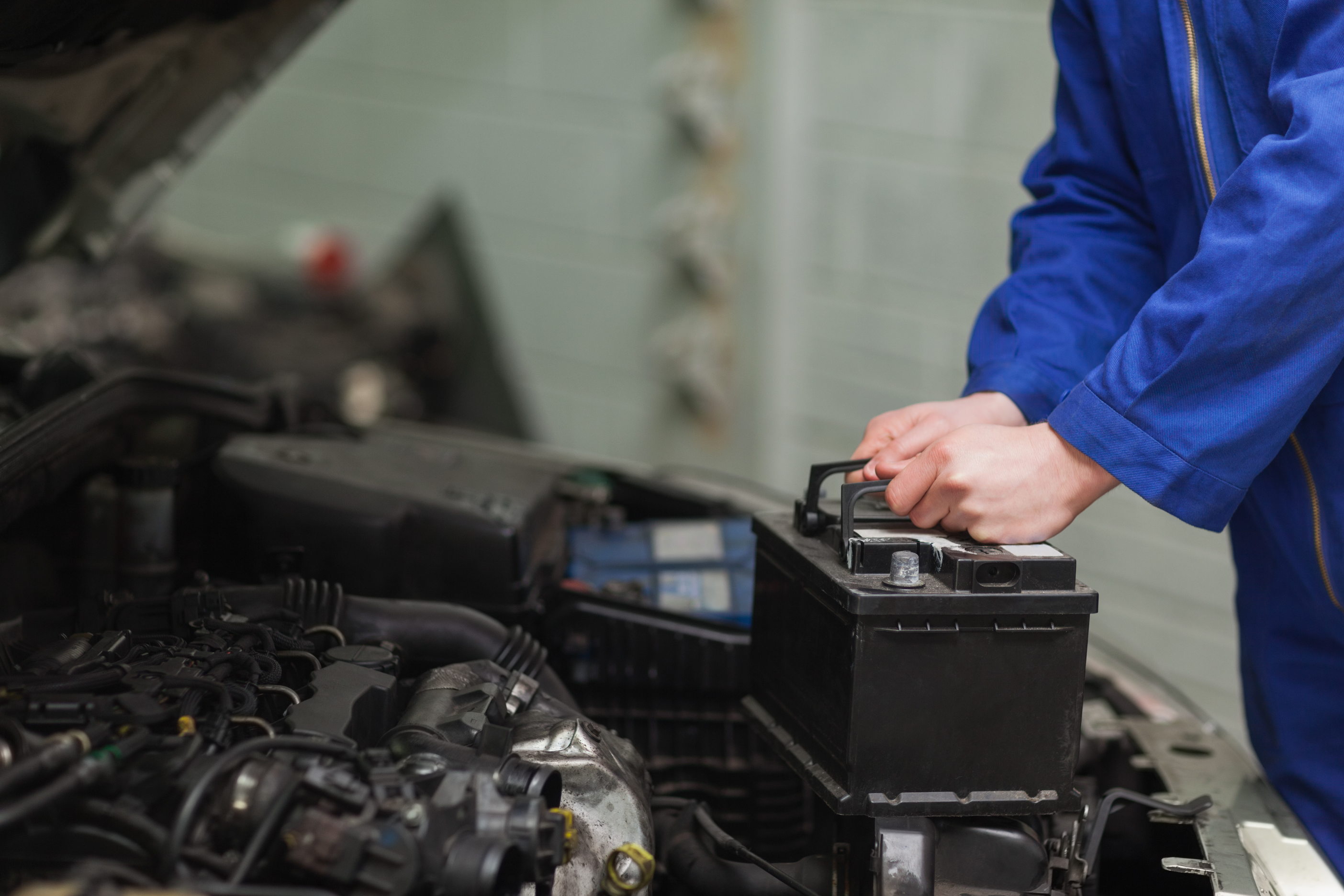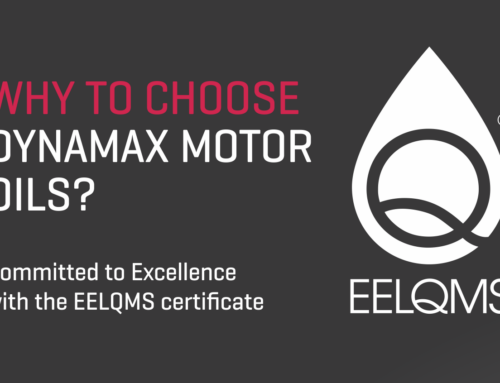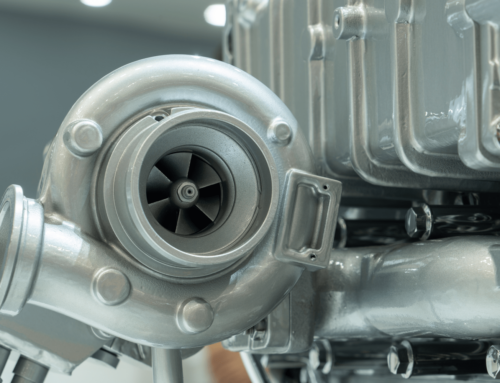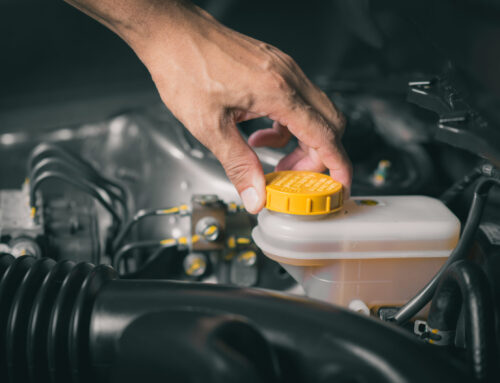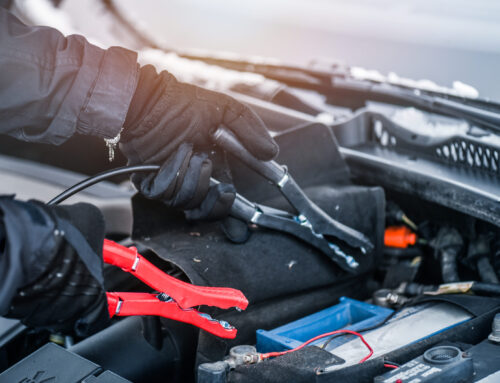To make the battery last as long as possible
The car battery has been an important part in every passenger vehicle since when manual starting with a crank was replaced by a much more comfortable starting with an electric starter. While in the past, batteries did not pose any problem and often lasted reliably for more than 6 years, nowadays they cause headaches for many drivers. Since modern cars are literally overloaded with electronics, batteries are really being overused. Their lifespan is often only a few years.
What can you do to keep the battery at life as long as possible and what should you watch out for during the summer season?
Optimal functioning of the car battery
The battery supplies power to all appliances when the engine is off. Supplies electric alarm, lights, on-board display, radio, or other equipment with energy. As a result, it gradually discharges.
If you use the radio, lights or other electrical elements with the engine off, you gradually drain the battery. The tip they usually give in workshops is that the battery must be used to start the car and nothing else, or only for interior lights that turn on when you turn off the car and/or open the door. The rest should be done with the engine running.
This type of consumption whilst the engine off is higher on newer cars with functions such as coming home and leaving home. This function turns on almost all the lights on the car when you open or close it. These cars are usually equipped with slightly more capable batteries to withstand this event.
If you are one of those who regularly use the stereo with the engine turned off, it is a good idea to supplement it with a additional battery. It makes sense to add another circuit with more electrical components powered by another dedicated battery.
Beware of short trips
The battery is naturally recharged using the alternator while driving. However, if you only drive a few kilometers a day, it cannot charge to a sufficient level. As a result, it operates at the limit of full discharge for a long time, which is not optimal in terms of lifespan. If you leave the car standing still for a long time, it is very likely that the battery will completely discharge and then you will not be able to start it.
Remember: A standard 12V lead-acid battery should have a voltage of 12.6-12.8V to work properly. If you leave it discharged for a long time and its voltage drops below 11.9V, it will not be able to be recharged and you will be forced to buy a new one. You can easily check the battery life using a multimeter (voltage, current, resistance meter).
Do you want the battery in your car to last at least 5 years? Recharge it regularly with longer rides – driving at least 30 km. Another factor that causes premature battery discharge is driving at very low revs. Low revs combined with short drives, create very bad conditions for keeping the battery in good shape. If you only use the car for short distances and it is often parked for longer periods, recharge the battery once in a while using a charger.
A myth: The battery drains the most during winter
They say that batteries drain the fastest during the winter when it’s freezing outside. However, this statement is not entirely true. Of course, extreme cold is not good for batteries, but high temperatures harm them the most.
Car battery works best at a temperature of around 20 °C. Every 10°C increase in temperature doubles the chemical reactivity inside the battery. During intensive reactions, lead breaks down faster, as a result of which the battery ages, discharges faster and loses its original capacity and performance. When the winter season comes, a worn battery in this way cannot cope well with the frost, it will discharge and you will not be able to start it in the morning.
Use air conditioning wisely
The air conditioning, together with other electrical appliances, creates an excessive load on the engine. Therefore, the battery does not charge fast enough while driving. In order to prevent it from discharging to critical values, especially on short journeys, it is better to open the windows and use the air conditioning only on longer journeys.
Our advice: During the summer, try to park in the shade or in a garage and don’t leave the car standing for too long without starting it. At least once every 3 days, go somewhere for a ride, let the battery recharge at least a little.
Problematic start-stop system
The cause of faster battery wear in modern cars is start-stop system, that automatically turns off the engine when stopped. As a result of frequent starting, the battery is exposed to sudden changes in voltage, which quickly discharges and damages it.
If you have a car with a start-stop system, when replacing the battery, look for versions with AGM or EFB technology, which have a larger reserve of power and better compatibility for frequent jumps in voltage. Classic SLI batteries are not intended for such use, and because of the start-stop system, they are often excessively worn after a year of use and must be replaced.
The most common reasons for battery drain
If your vehicle is parked for a long time, the battery will slowly discharge until completely. But how long does it take to discharge a car battery? Battery discharge is directly proportional to age and intensity of use, there is no universal recipe for battery life, but warning signs can be noticed in advance.
It is not quite right if:
- you have a battery that discharges repeatedly;
- you have a battery that discharges while driving;
- you have a car battery that discharges overnight.
There can be several reasons why the battery drains too quickly. Among the most common are in particular:
- poor battery charging – the electrical circuit is faulty, the battery does not charge properly while driving or even discharges while driving. This partly explains your new battery draining after being replaced, as the problem was not with the battery itself, but with electrical circuit in your car.
- human mistake – you closed the door incorrectly or left the headlights on and the battery drained overnight.
- alternator failure – recharges the battery and also some electrical components in the vehicle. Therefore, an alternator failure can quickly drain the battery.
- abnormal consumption of the electrical system – electrical problem in one of the cars components, e.g. such as a faulty car stereo can cause the battery to drain quickly
- battery age – when the battery is old, it is more difficult to recharge and it discharges faster.
High-quality batteries with a long service life
Are you looking for a new battery for your car that will last reliably for many years? Check the offer of our e-shop and choose from a wide variety of DYNAMAX Blueline batteries for all types of cars. In our portfolio you will also find special DX START-STOP batteries designed for vehicles equipped with this system.

